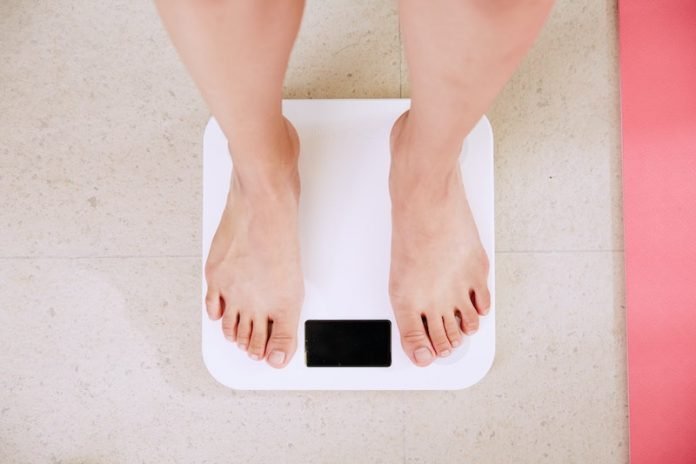
In a new study, researchers found that a stronger start in the first three weeks of a diet is linked to greater weight loss success in the longer-term.
The research was conducted by a team CSIRO, Australia’s national science agency.
The study of over 22,000 CSIRO Total Wellbeing Diet members showed those who started strongest in their weight loss journey were able to lose 1kg or more per week for the first three weeks.
Overall, they achieved three and a half times greater total weight loss than those who had a slower start to the 12-week program.
The team says structure, preparation, and self-monitoring were the key characteristics demonstrated by most successful members.
According to the study, people who lost the most weight in the first three weeks and achieved longer-term results, allowed themselves an average of two days to prepare for the program and used the online planning and self-monitoring tools 50% more than other users.
In those first weeks, they weighed in almost twice per week, checked their meal plan, and tracked the food in each meal three times a day. In fact, they used the online tools as much as six times a day in their first three weeks of the program.
The team advised preparation was important.
People should allow two days to organize themselves before they start a weight loss program, including purchasing food and getting familiar with meal plans.
This sets them up for regular check-ins— the team found the most successful weight loss occurred when people viewed their meal plans, used the food tracker, looked up foods every day, and weighed in regularly to stay engaged and accountable.
To help Australians achieve greater weight loss, the CSIRO Total Wellbeing Diet has introduced a new enhancement, the Interactive Start Strong Guide, which provides step-by-step instructions for getting off to the best possible start on the scientifically proven 12-week program.
One author of the study is Lead CSIRO research scientist, Dr. Gilly Hendrie.
The study is published here.
Copyright © 2020 Knowridge Science Report. All rights reserved.



